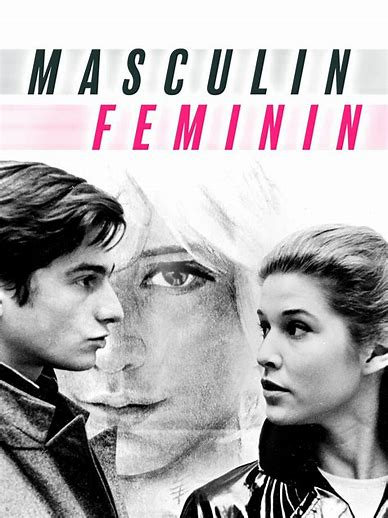Any brief account of Claire Denis’ grievously overlooked Stars
at Noon must surely start with Margaret Qualley’s blistering lead
performance as Trish, a remarkable creation of shifting registers and moods, capable of going in seconds from calculating and conniving to wildly spontaneous and
eccentric, drinking to excess at all times of day and conveying utter sexual
self-determination, which encompasses regularly using her body to make money.
More officially though she’s a journalist, stuck in sweltering, volatile Nicaragua
without resources or even a passport, her main object being to get over the
border to Costa Rica, connecting with Joe Alwyn’s Daniel, a somewhat mysterious
Englishman who has a gun in his bag but is less attuned than her to local
complexities and players; the connection between the two has a classic romantic
contour and physical combustibility, while infused with Denis’ immense customary
vivacity, her bottomless capacity to render what’s coming next entirely
unpredictable, without sacrificing an overall sense of control or coherence. The
achievement is all the more remarkable for the utter lack of spoon-feeding,
even the most basic information emerging only in sometimes offhand spurts, and
all the dots by no means completely joined, which here seems entirely true to
the depiction of individuals caught up (as we all are, in generally less
cinematic manner) in events the totality of which they can only glimpse. But
the film pulsates with a genuine sense of threat, again embodied in Trish’s almost
wantonly vulnerability-defying behaviour; it feels deeply and worrying
suspenseful even when mostly defined by torpor and inaction. And as always,
Denis ventilates even the briefest encounters with glancing references to past
encounters, with laden looks and remarks or shards of eccentricity; in her
brilliant, generous hands, a mundane exchange in a dingy setting generates more
excitement than the high-stakes encounters of lesser films,















